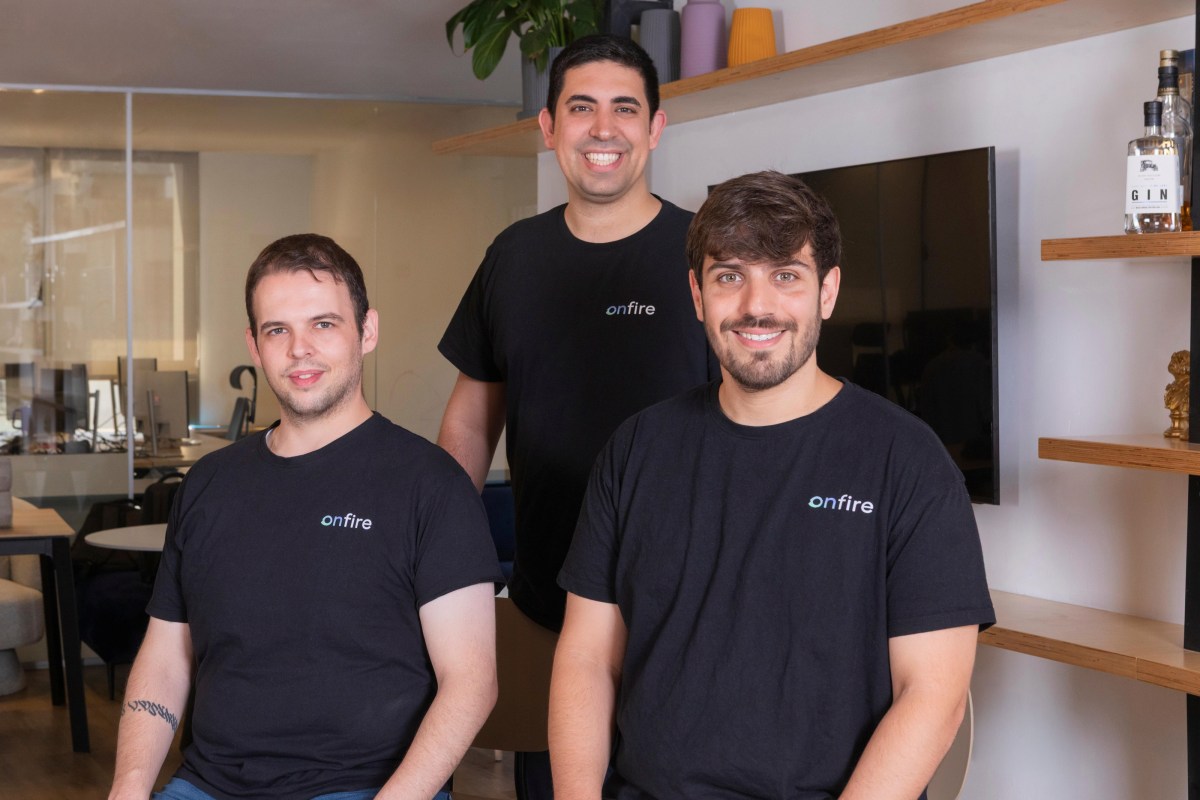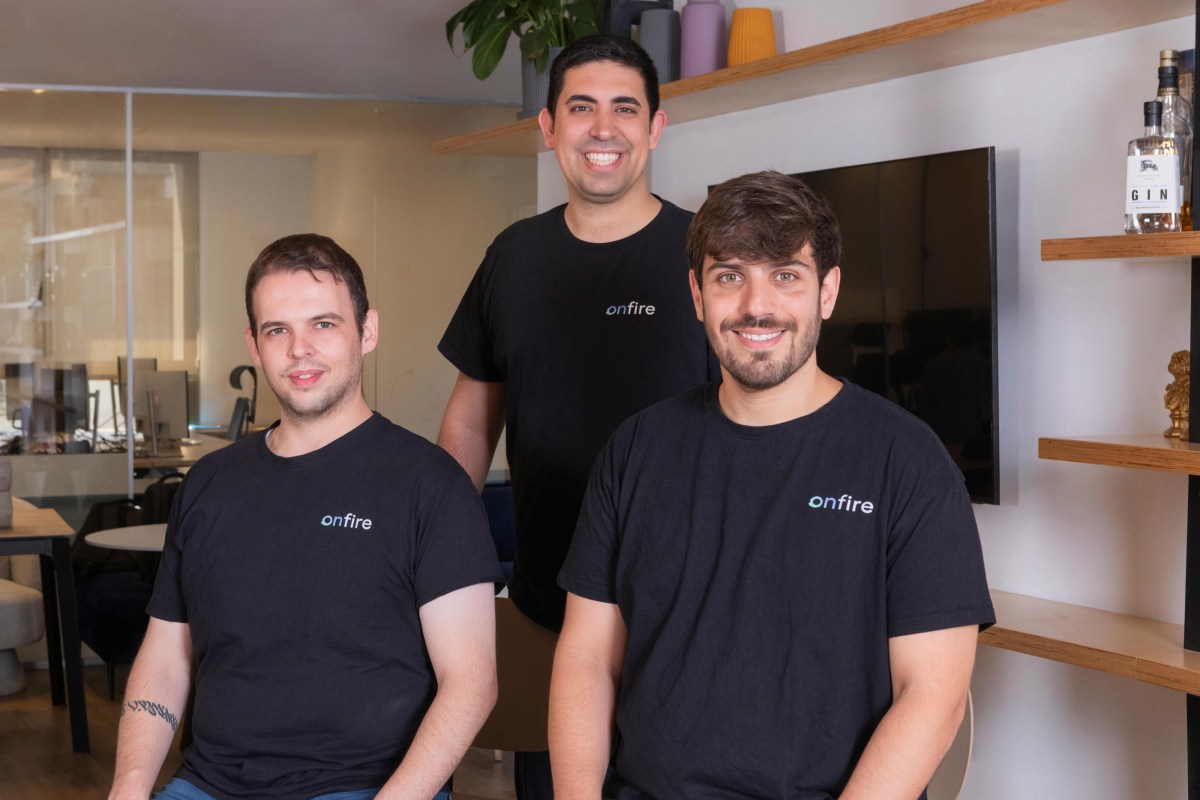Key Points
- Onfire raises $20 million in a Series A led by Grove Ventures and TLV Partners.
- Founders are former Unit 8200 veterans: Tal Peretz, Shahar Shavit, and Nitzan Hada.
- The platform uses AI to extract buying intent from public developer forums.
- Data is enriched with budget‑cycle information to time sales outreach effectively.
- Early customers include ActiveFence, Aiven, Cyera, Port and Spectro Cloud.
- Onfire claims to have driven over $50 million in closed deals for clients.
- Funding will support AI, R&D, and sales hires, with a focus on U.S. expansion.
- The solution aims to give B2B sellers a competitive edge over traditional CRMs.

Background and Founding Vision
Onfire was founded by three veterans of Israel’s elite intelligence unit, Unit 8200: CEO Tal Peretz, CTO Shahar Shavit and CPO Nitzan Hada. Drawing on their experience in large‑scale data analysis and artificial intelligence, the trio identified a gap in the software‑infrastructure market: developers discuss tools on public forums such as Hacker News, Reddit and Stack Overflow, but vendors lack a systematic way to translate those conversations into actionable sales leads. Onfire’s solution is to monitor those forums, apply AI to detect buying intent, and then map each commenter to their employer and the relevant decision‑maker.
The platform also incorporates external data on budget cycles, giving sales teams context about when a prospect is most likely to consider a purchase. By combining raw developer chatter with financial timing, Onfire aims to deliver highly targeted outreach that resonates with technical buyers.
Funding and Strategic Partnerships
The company announced a $20 million financing round, including a fresh $14 million Series A co‑led by Grove Ventures and TLV Partners. Additional investors were IN Venture, the venture arm of Japan’s Sumitomo Corporation, and LeumiTech77, a special fund marking Israel’s 77th anniversary. The capital will be used to expand the team—particularly in AI research, development and sales—and to strengthen the company’s presence in the United States, where the go‑to‑market function is based.
Grove Ventures’ managing partner, Lotan Levkowitz, highlighted that software‑infrastructure firms have been slow to adopt AI in their go‑to‑market strategies. He described Onfire’s data‑first approach as a “missing piece” that creates a competitive moat against established CRM platforms such as Salesforce and HubSpot.
Product Impact and Early Adoption
Onfire reports that its beta launch, conducted twelve months ago, helped generate more than $50 million in closed deals for its clients. Early adopters include security and data‑focused companies like ActiveFence, Aiven, Cyera, Port and Spectro Cloud. These customers use Onfire to surface relevant buying signals, tailor messaging to specific product categories, and align outreach with the prospect’s budgeting timeline.
The startup’s AI engine, built primarily in Israel where about 60 % of the team resides, continuously refines its models as more customers feed data into the system. This compounding data layer improves signal accuracy over time, which the founders believe will sustain a durable competitive advantage.
Market Outlook and Challenges
Industry observers note that while product‑led growth remains dominant for many enterprise sellers, the increasing noise generated by AI‑driven outreach tools makes contextual relevance critical. Onfire’s ability to parse developer conversations and link them to concrete buying opportunities addresses this need. However, the founders acknowledge that their background in intelligence gathering may raise privacy concerns among some prospects.
Despite those considerations, the company’s leadership remains confident that delivering “the right thing at the right time” will benefit both sellers and buyers, reducing irrelevant pitches and improving overall sales efficiency.
Source: techcrunch.com
